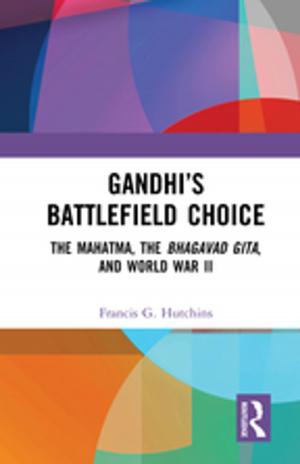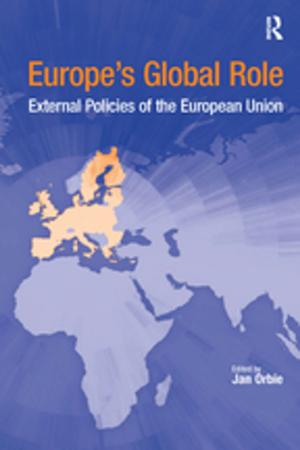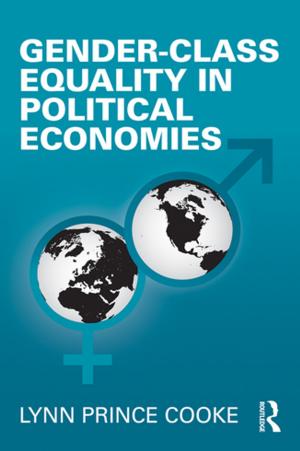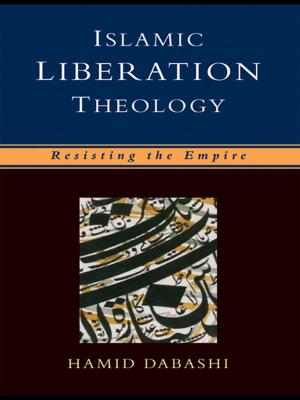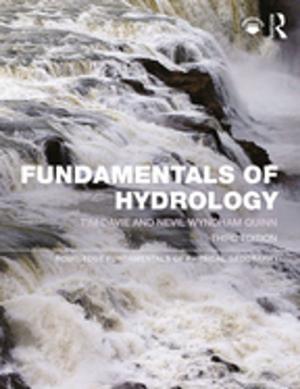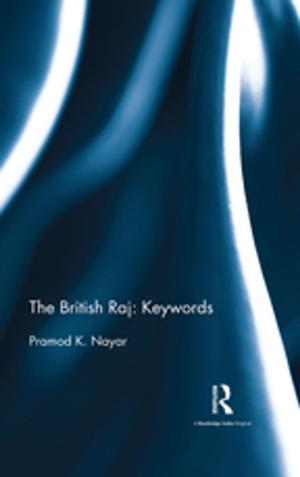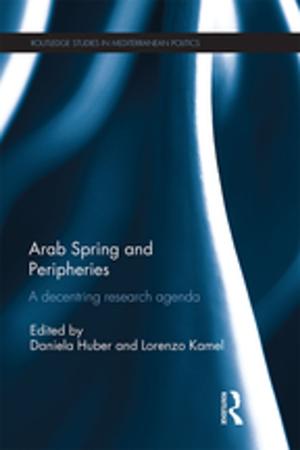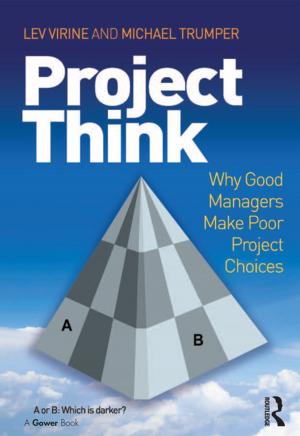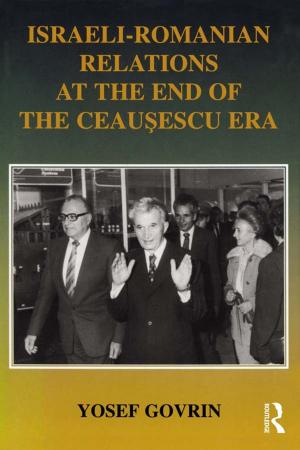| Author: | John McClelland | ISBN: | 9781135773236 |
| Publisher: | Taylor and Francis | Publication: | January 24, 2007 |
| Imprint: | Routledge | Language: | English |
| Author: | John McClelland |
| ISBN: | 9781135773236 |
| Publisher: | Taylor and Francis |
| Publication: | January 24, 2007 |
| Imprint: | Routledge |
| Language: | English |
This is the first book to address the gap in the literature linking the physical culture of the ancient world with the beginnings of modern sport, this original book traces the history of the evolution of a variety of sport, games and physical education from 450-1650AD across Western Europe.
Drawing on primary sources, this book takes a thematic approach, looking at the changing nature of geopolitical structures, educational systems, religious institutions and the practice of warfare and medicine and goes on to trace the disappearance of ancient physical culture with its gymnasia, gladiators and chariot races, the invention of a new physical culture based on chivalry around 1000AD, the transformation of that culture in the Renaissance, and its disappearance around 1650 under the influences of new science.
Offering a new and original perspective on the relationship between sport and society, this unique study will be of great interest to all historians of sport and culture.
This is the first book to address the gap in the literature linking the physical culture of the ancient world with the beginnings of modern sport, this original book traces the history of the evolution of a variety of sport, games and physical education from 450-1650AD across Western Europe.
Drawing on primary sources, this book takes a thematic approach, looking at the changing nature of geopolitical structures, educational systems, religious institutions and the practice of warfare and medicine and goes on to trace the disappearance of ancient physical culture with its gymnasia, gladiators and chariot races, the invention of a new physical culture based on chivalry around 1000AD, the transformation of that culture in the Renaissance, and its disappearance around 1650 under the influences of new science.
Offering a new and original perspective on the relationship between sport and society, this unique study will be of great interest to all historians of sport and culture.

